Eight Colorado funders have joined forces to bring at least $6 million in patient capital to small businesses in rural Colorado and statewide owned by women, minorities, and other underserved entrepreneurs. And there’s still time for more to join the collaboration.
At a recent gathering of Cañon City business leaders, Rob Brown, executive director of the Fremont County Economic Development Corporation, shared some promising statistics: 64 percent of net new jobs in the private sector come from small business start-ups, while 49 percent of all private-sector jobs are in small businesses.
“Small business means jobs — jobs mean income, income means growth,” Brown told attendees, including the Daily Record newspaper. “We have to take advantage of that every chance we get.”
Despite the promise of such an economic engine, small business growth and development opportunities can be hard to come by in rural communities, especially for women and minorities. For this reason, Gates recently became one of nine Colorado funders committing to a long-term partnership with DreamSpring to create the Colorado Small Business Impact Fund (COSBIF). The new $6 million loan fund will provide small business loans, lines of credit, and training for entrepreneurs with a special emphasis on serving Colorado’s non-metro counties, with additional priority to support small businesses owned by low- to moderate income individuals, females, veterans, and minorities. (Definitions of terms in bold are provided below.)
The idea began when DreamSpring (formerly known as Accion serving Arizona, Colorado, Nevada, New Mexico and Texas) expressed a need for additional capital to reach small businesses in rural and underfinanced communities across Colorado, which often do not have access to traditional sources of capital. DreamSpring offers loans as low as $1,000 and up to $2 million at affordable, fixed-interest rates with flexible credit requirements and has been serving the Colorado small business market since 2008. In that time, the nonprofit organization has made more than 3,100 loans in Colorado, totaling more than $42 million, which has created or maintained an estimated 5,200 jobs at a total of nearly 2,200 small businesses. So far, however, most of DreamSpring’s capital deployed in Colorado has stayed in Denver and the Front Range counties.
In order for DreamSpring to reach more rural and underserved communities, the organization’s leaders knew it would take time and added capacity to ensure they could build local partnerships and establish trust. Given the scale of the opportunity, it soon became clear to Gates and other philanthropists that grant dollars alone would not make a big enough impact. However, if grant dollars were paired with a larger pool of more patient capital, we realized it might actually start to make the desired positive impact. In 2018, the Colorado Health Foundation (CHF) made a $1.75 million below market-rate loan to DreamSpring that allowed the nonprofit to grow its loan portfolio, and paired the investment with a $1 million grant to support lending and program costs.
CHF’s lead commitments established a blended capital model for other funders to consider — pairing operating grants to DreamSpring’s program with low-cost loans for entrepreneurs. And eight funders, including Gates, decided to take the mission-aligned collaboration a step further: Instead of DreamSpring having to create separate agreements with each individual funder, we joined with Gary Community Investments, Women’s Foundation of Colorado, Kenneth King Foundation, Dakota Foundation, Chinook Fund, Caring for Colorado Foundation, and Liman Donor Advised Fund at Fidelity Investments to create the Colorado Small Business Impact Fund (COSBIF).
It is not often that eight funders all agree to the same terms for pooling resources. But by remaining flexible and focused on the mission-aligned opportunity, we exponentially increased the capital available for DreamSpring, enabled funders to join at all levels, and reduced overall legal and administrative costs.
Interested in joining us? COSBIF was formally established on December 31, 2019. The Fund will reopen again in Q2 2020 for additional funders who are interested in joining. Several local events are scheduled in February and June to learn more about COSBIF and DreamSpring and are open to the community. To find out more, contact Mary Perkins at DreamSpring (mperkins@dreamspring.org) or me at Gates (sdorsey@gatesfamilyfoundation.org).
Definitions:
- Non-metro counties are those with less than 175,000 people, according to the most recent U.S. Census.
- As defined by the U.S. Department of Housing and Urban Development, low-income individuals have a total annual income that is 50% or less of the median income for the community where they live. Moderate-income individuals have a total annual income that is above 50% but less than 80% of the median income for the community where they live.

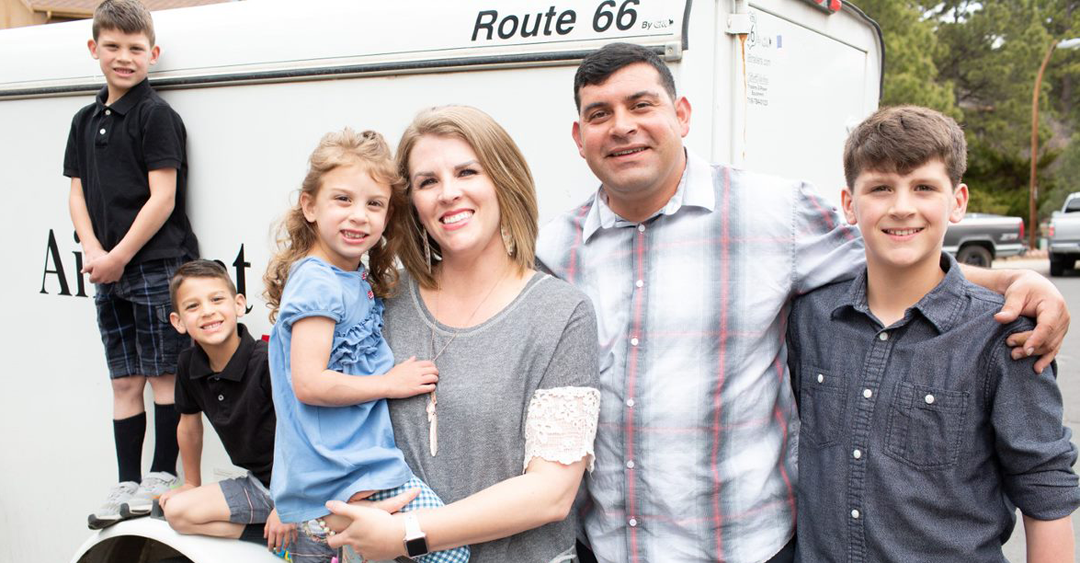



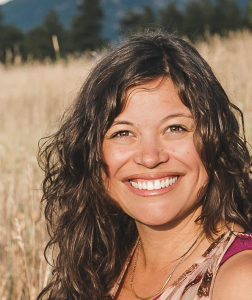


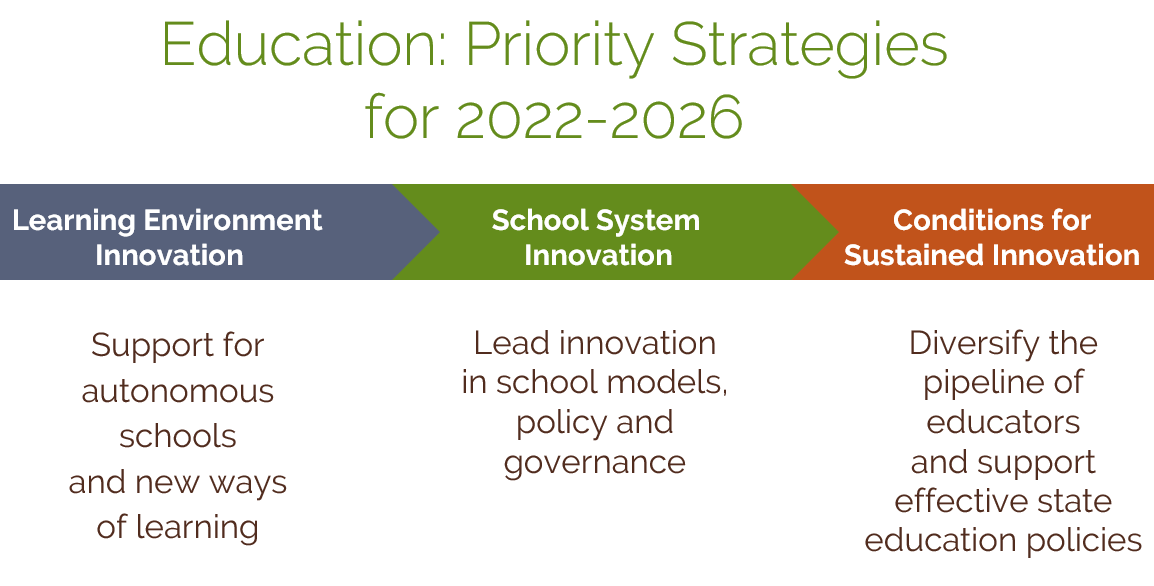

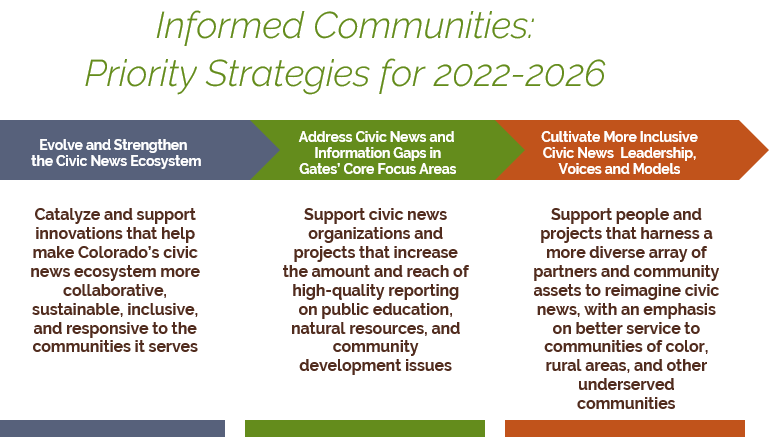
 Finally, also in 2023 a total of $410,956 previously committed by Gates to the
Finally, also in 2023 a total of $410,956 previously committed by Gates to the 
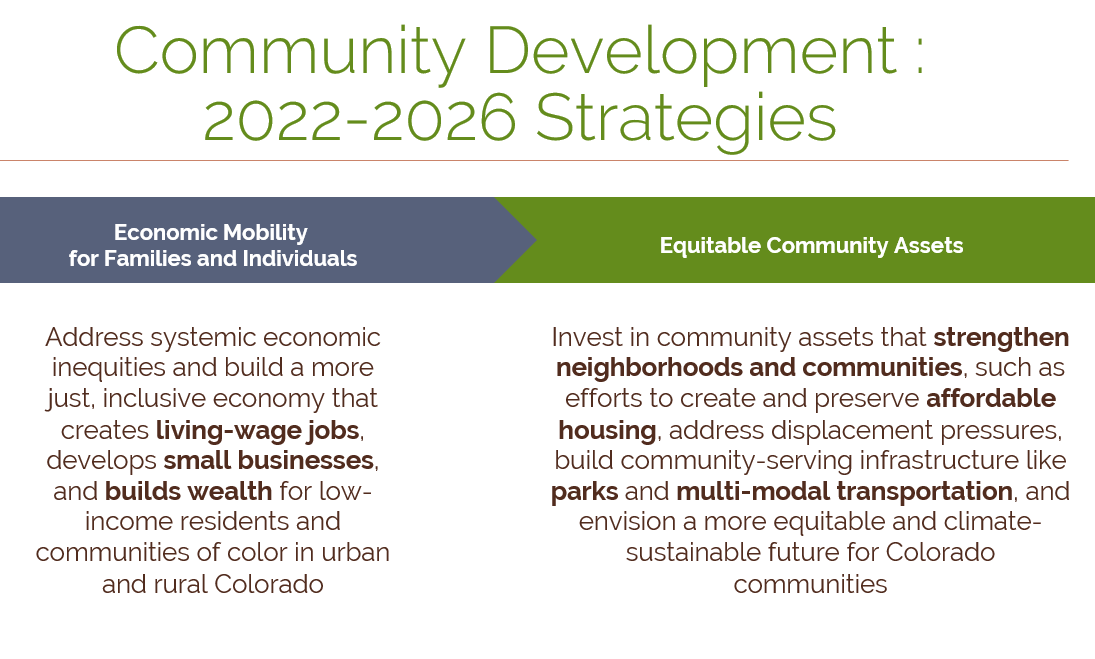

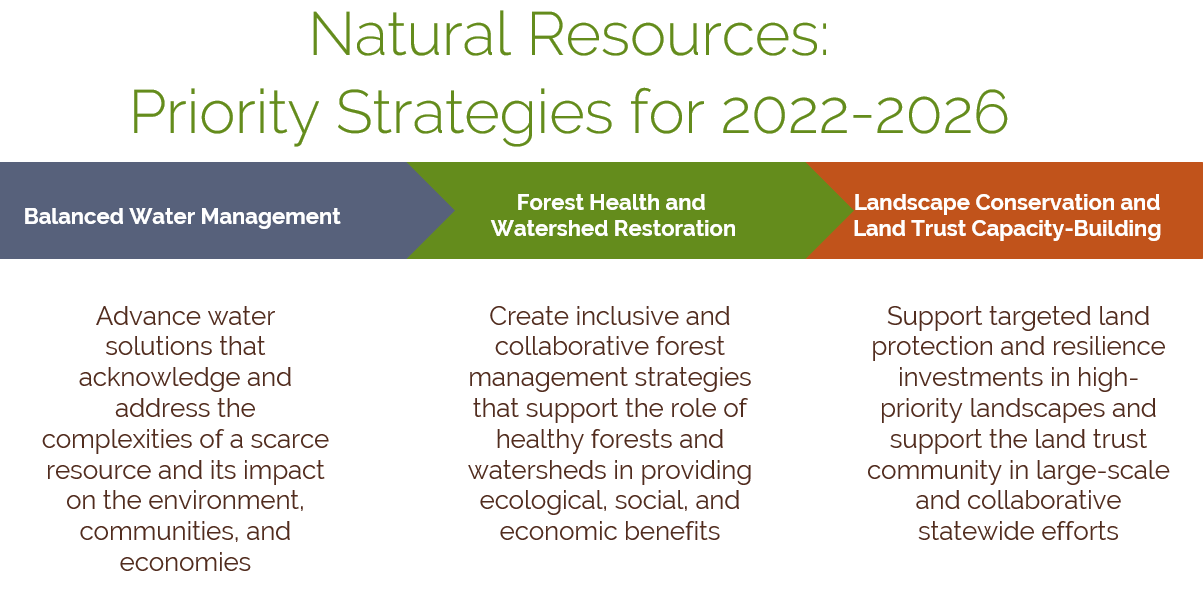
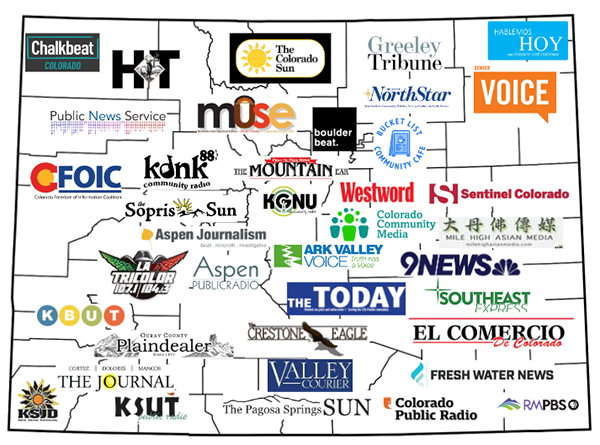 A total of $1,110,956 committed to the
A total of $1,110,956 committed to the 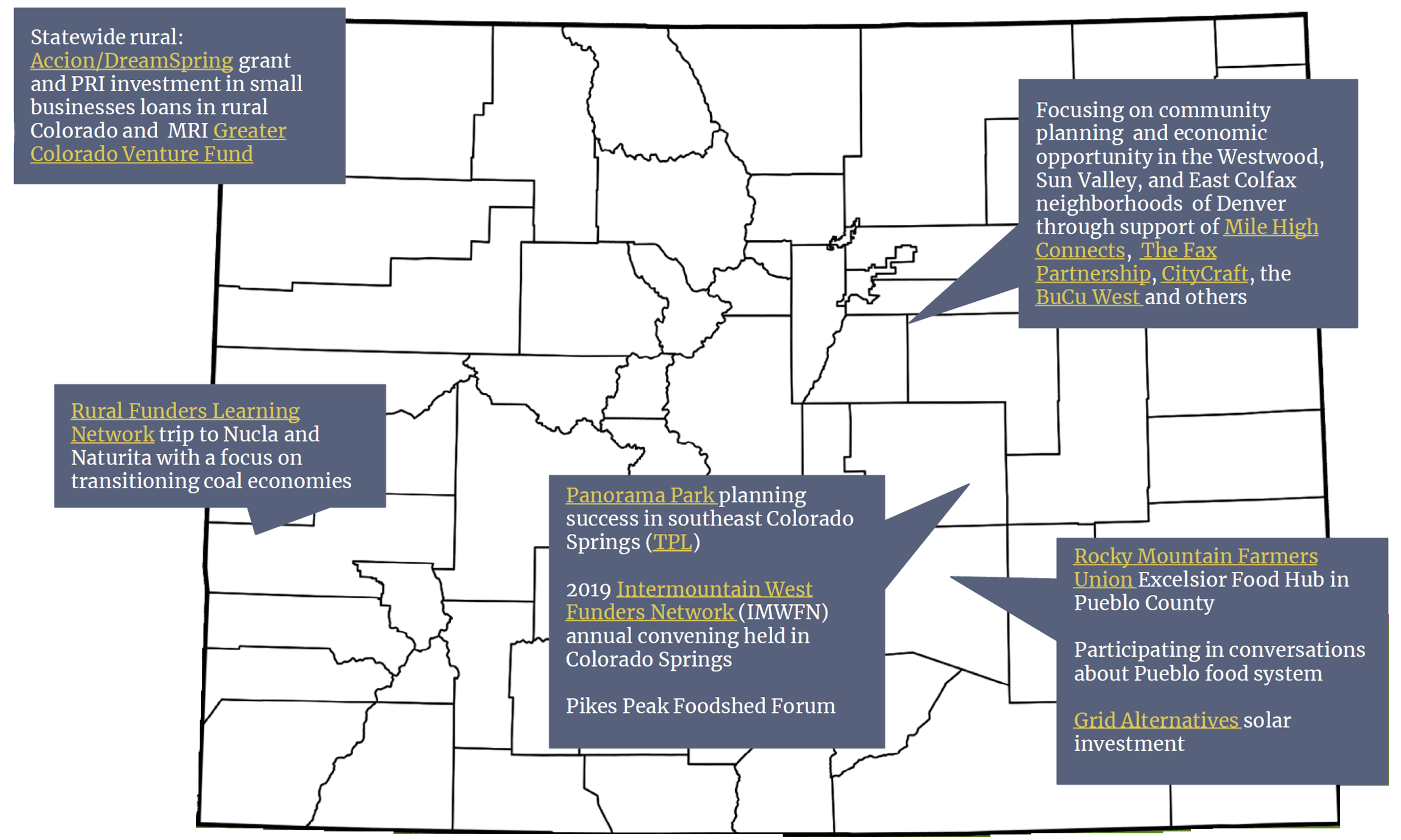 In 2019, the Community Development program committed $932,500 in strategic grants to 13 organizations and $465,000 in responsive capital grants to 12 organizations. New impact investments supporting vibrant communities in 2019 included a $500,000 MRI to
In 2019, the Community Development program committed $932,500 in strategic grants to 13 organizations and $465,000 in responsive capital grants to 12 organizations. New impact investments supporting vibrant communities in 2019 included a $500,000 MRI to 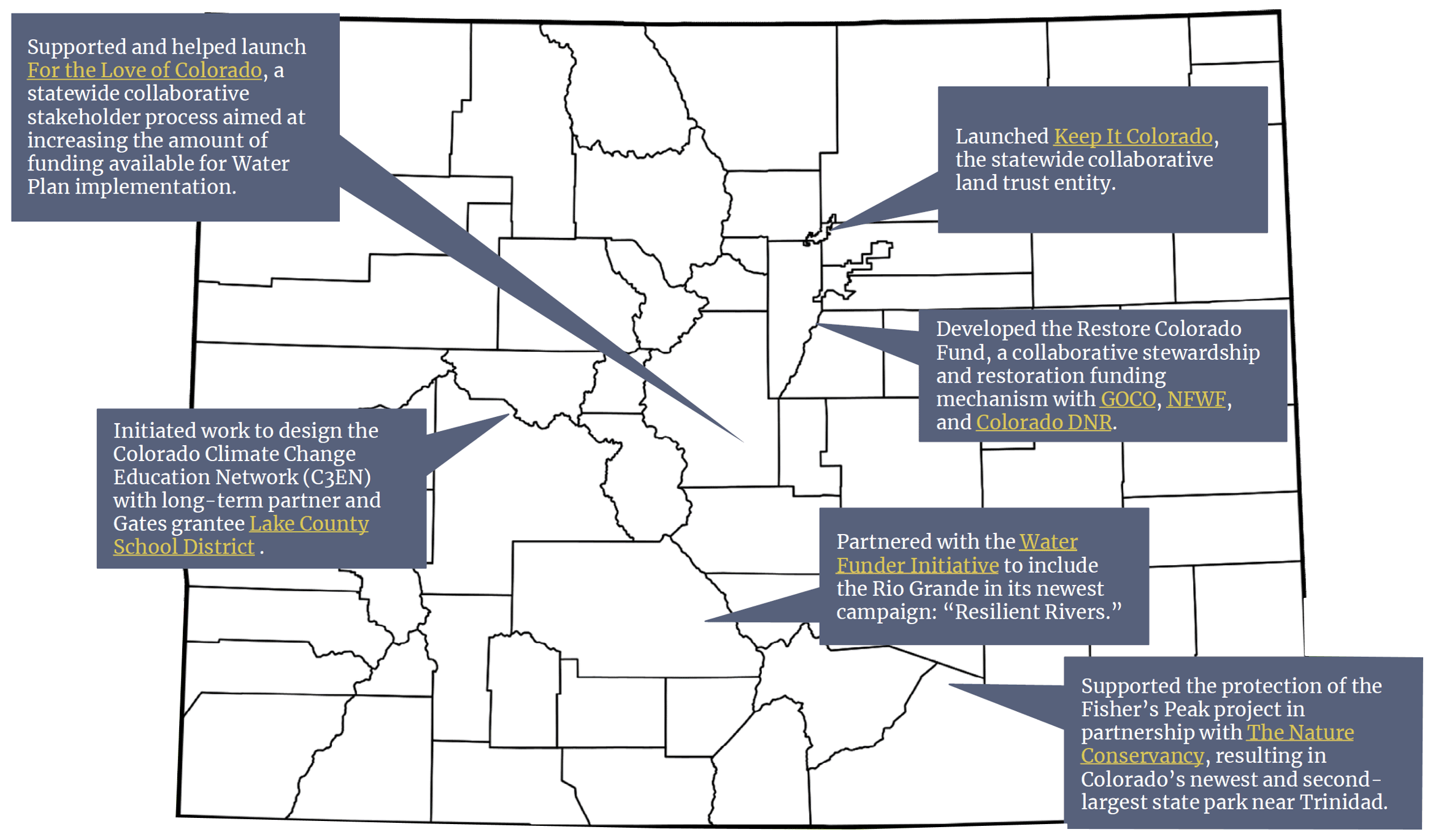 Our Focus Landscapes initiative, a key element of our Natural Resources program, underwent a comprehensive review, revision, and re-launch in 2019. This initiative was launched in 2011 to help Colorado achieve landscape-scale conservation through the protection of private lands in specific geographies. A great deal of progress was made in North Park, southeast Colorado, and the San Luis Valley, resulting in more than 200,000 acres of farm and ranch lands conserved, along with their associated ecological values. The strategic review process was done in close partnership with the land trust organizations representing those geographies, providing lessons-learned and an exploration of emerging opportunities. The revised Focus Landscapes initiative will first focus on two geographies:
Our Focus Landscapes initiative, a key element of our Natural Resources program, underwent a comprehensive review, revision, and re-launch in 2019. This initiative was launched in 2011 to help Colorado achieve landscape-scale conservation through the protection of private lands in specific geographies. A great deal of progress was made in North Park, southeast Colorado, and the San Luis Valley, resulting in more than 200,000 acres of farm and ranch lands conserved, along with their associated ecological values. The strategic review process was done in close partnership with the land trust organizations representing those geographies, providing lessons-learned and an exploration of emerging opportunities. The revised Focus Landscapes initiative will first focus on two geographies: 